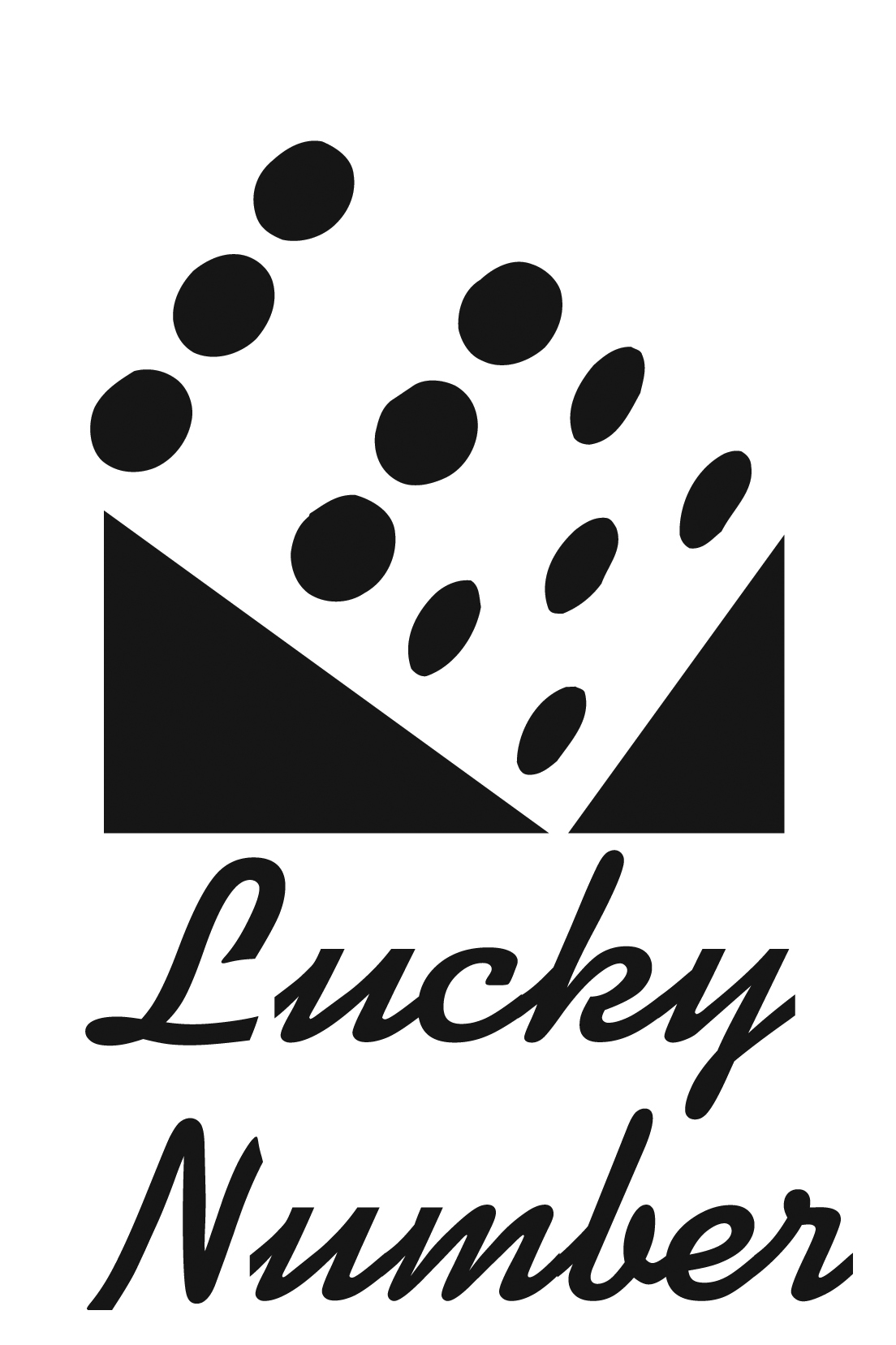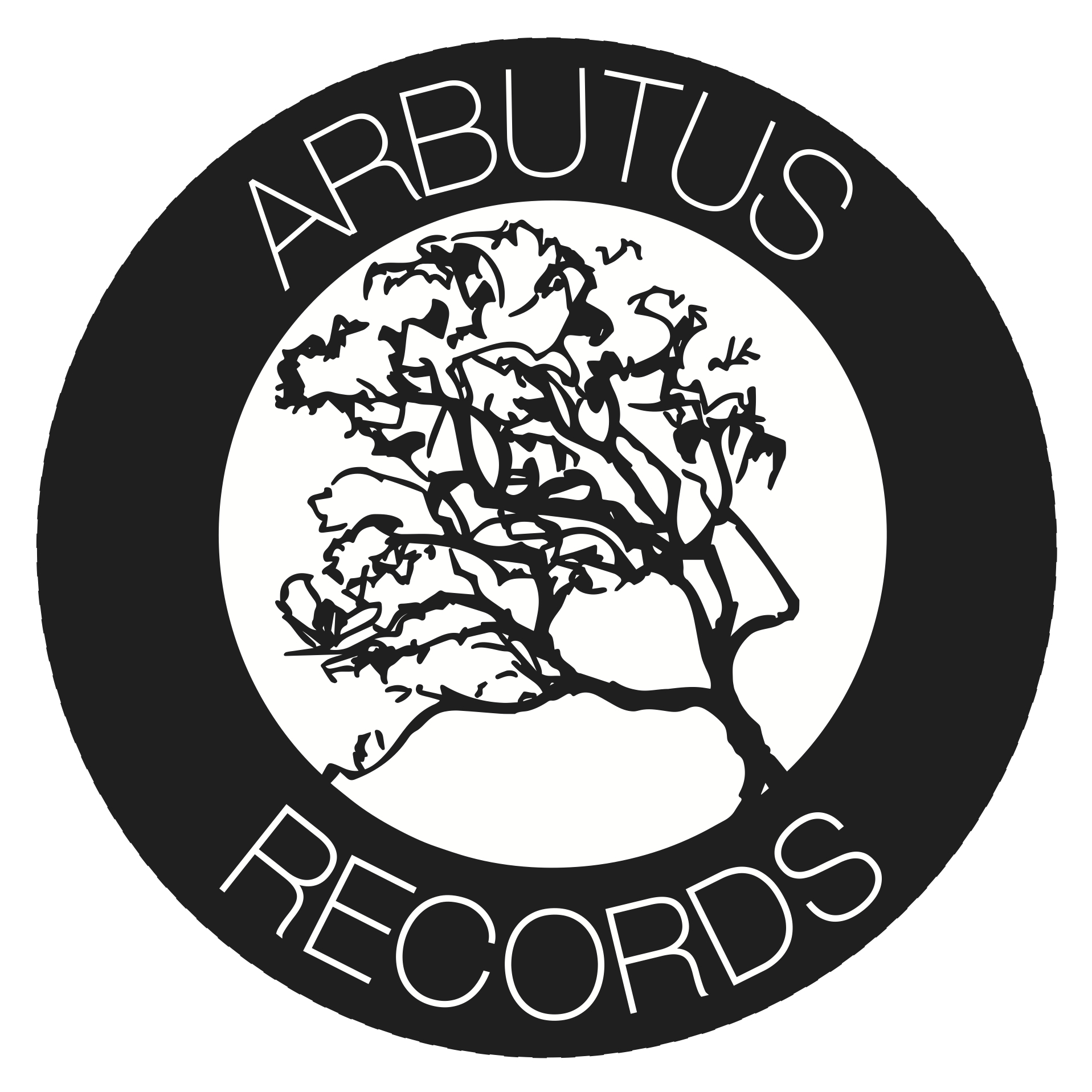The modern music landscape has become a complicated subject since the commercial use of the internet altogether causing major changes and developments for the entire industry. Now over 20 years on, it is fair to say that certain areas of the industry have taken some hits. Indie labels and alternative artists have long struggled against the commercial and corporate music world, but extensive streaming platforms like Spotify and YouTube seemed to have set a new precedent in terms of uneven revenue distribution, meaning that an artist not signed to a major label, is even less likely to make a living of making music.
Whether this unbalance is set to change is difficult to judge but what is interesting to notice is the potential of a slight structural change in the way the commercial landscape is now calling for a ‘do it yourself’ approach, made even more appealing by Apple. Platforms like YouTube have already opened the door to this DIY method, but what Apple has recently brought to the table is not only their own streaming platform but Apple Connect: a way “to accommodate and support the artists who make the music, not just the top tier artists but the kids in their bedrooms, too; [a platform] to provide them all with a home, and a way to engage their audiences.” It is over a year now since the launch of Apple Music; providing artists a way to be recognized, promoted and sell their music; and it’s an approach that has been argued to be promoting the end of record labels altogether.
Affordable home equipment might have made it possible to create music from the comfort the average bedroom, and social media may have given artists a new way to promote their own creations, but these elements have limitations.
Affordable home equipment might have made it possible to create music from the comfort of the average bedroom, and social media has given artists a new way to promote their own creations, but these elements have limitations. Labels can reach wider audiences equating to more extensive exposure for artists; they can also distribute their music to streaming platforms which is often a difficult and expensive process and, whether big or small, labels are full of people with industry experience. The investment and time labels put into their artists is invaluable, providing expensive studio time and opportunities to work with great producers.
Following the reinvigorated trend of DIY music, it is perhaps the ideal time to gain some perspective from a few current indie labels to find out whether there is any truth to the claim that the label is dying; weighing both positive and negative aspects of one possible cause: streaming.
Photo Credit: Arbutus Records Logo
THE LABEL IS STILL GOING STRONG
Sebastian Cowan is the Founder of Canadian label, Arbutus Records, which represents artists such as Braids, Mozart’s Sister, Paula, and TOPS. Starting his own record label was something Cowan was always interested in; one day in 2007 he decided to make it happen: “I felt there was a need for it. All I had to do was look at my immediate peer group because those were and are the people inspiring and motivating me.” In speaking about where the indie labels fits within the modern music landscape Cowan outlined his “unique process [in] finding artists earlier or believing in them before anyone else does, or maybe when others just don’t see their potential.” Cowan goes on to explain this attitude by using the band TOPS as an example: “They are now doing really well but their first album didn’t do as well as expected. It was only their second album that really hit their audience and certain labels would not stick around based on the lack of initial success, which I find disgusting.” Cowan goes on to comment that a label should represent more than just money and commercial success: “If you believe in an artist, you believe in an artist and you should want to work with them no matter what but that reciprocation is not always present in the music industry.”
‘There will always be bands who want someone to take care of the [management] side of things” and people will always want to run “smaller labels – be it punk, rock or grime” because it’s about the love and passion for a certain type of music.
Therefore, to “have the knowledge of the people who run a GOOD label can be a huge benefit, not to mention the money, enthusiasm and encouragement they have for the artists,” says Ben Wileman, the first employee to label founders’, Mark Bowen and Dick Green, at London’s Wichita Recordings, back in 2005. Among other notable artists, Wichita Recordings has signed the likes of Bloc Party, My Morning Jacket, Yeah Yeah Yeahs, and Best Coast and, as a label, understands that “there will always be bands who want someone to take care of the [management] side of things” and people will always want to run “smaller labels-be it punk, rock or grime” because it’s about the love and passion for a certain type of music, says Wileman.
 Photo Credit: TOPS, photographed by Kristy Benjamin.
Photo Credit: TOPS, photographed by Kristy Benjamin.
But when discussing the divide between corporate and indie labels, Cowan thinks the separation has reduced because “large labels can’t get away with the same things they used to; the statistic of nine out of ten bands never recuperating their advance is the kind of opulence large labels just can’t justify anymore.” Cowan also adds that “in many ways the indie labels are dictating the future of how the industry should be structured with a more efficient modal.” Steve Richards, founder of Lucky Number Music, also based in London, set up his label 11 years ago. It was always his goal to run his own label and he agrees with Cowan that “artist contracts are much fairer” and despite being “less visible to the listener than previous times,” having a good label is more important than ever before in supporting and developing an artist’s career and making sure they get heard.”
Related article: “ORIGINALITY IN THE AGE OF THE REMIX”
STREAMING
Cowan comments that streaming has “become more substantial” and he firmly believes in the model. He outlines it in this way: “As a property owner: Is it more efficient to rent or sell a property? If you’re renting something and doing it correctly, it should be more profitable in the long run and that’s the same from a label’s perspective.” He goes on to explain:
“What’s hard is that the major record labels control the bulk of the desirable catalogue so for Spotify to work as a music service they need to distribute these major label catalogues, and in order to do that they have to sell off huge portions of the company to them and distribute the royalties in a way dictated by those same major labels, which, unfortunately, doesn’t favour indie labels. For instance, if you have a ten-dollar premium account and only music you listen to is by TOPS, that money doesn’t go to them; it goes into a big pool that is divided up as pro rata across every listen and so, obviously, most of the money goes to the top artists. But what can you do? The service would never have gotten off the ground otherwise.”
Richards is a fan of both Apple music and Spotify and believes that without them “the industry would be in a less healthy position”; highlighting that “Lucky Number would be struggling to invest what [they] do invest in artists” without them. “Streaming is here, it is obviously the future and we will manage that change as long as we’re able to secure fair compensation.” Ben, on the other hand, is a little more cynical: “Working in music at this point, it’s hard not to feel you missed the glory days” in so far as everything seems “much harder and the financial rewards are much smaller these days.” He agrees that getting heard is a lot easier now and there are great benefits to streaming but he also highlights that there is a huge increase in mediocre bands and a lot of blogs always “predicting the next big thing.”
Streaming is here, it is obviously the future and we will manage that change as long as we’re able to secure fair compensation.

JUST A MATTER OF TIME?
It is easy to document the changes of the industry and understand, from the perspective of indie labels, the pros and cons to music streaming but what’s harder to understand is whether the industry will become more balanced, and whether or not this balance could lie within the reinstated DIY approach that Apple have been so happy to promote through Apple Connect. Three separate independent labels have shared their firm belief that labels still and will always have a place within the industry and if they are right, the larger, corporate labels may have to adopt their approach to meet the demands of artists and the modern field of music making.
Photo Credit: Lucky Number Music Logo
It is already known that larger labels are now more willing to allow artists to build their own smaller section of the label and grow independently but with the same backing of the larger label; suggesting that there has been a change in the relationship between the artist and label. The lack of revenue today for smaller artists, in some ways, could also suggest that greater power is given to the artist because there is less pressure to become something they don’t want to be. There seems to be a lot of reasons why artists should not sign to major labels and will only do so for the added support and not because they need to. Whether this shift in dynamic will eventually see a change in revenue distribution is another question. However, what will always be guaranteed is that certain labels will always be willing to support great music and push the artists they believe in; that reason alone is something that demands the most attention. Despite his cynicism, Ben outlines this notion perfectly: “We will still aim to sign artists who make the music that we love; and they are the people that we love, too.”
Recommended reading: “EVEN SPOTIFY IS SURPRISED BY THE HUGE SUCCESS OF ITS DISCOVER WEEKLY PLAYLISTS“
_ _












